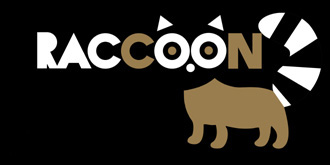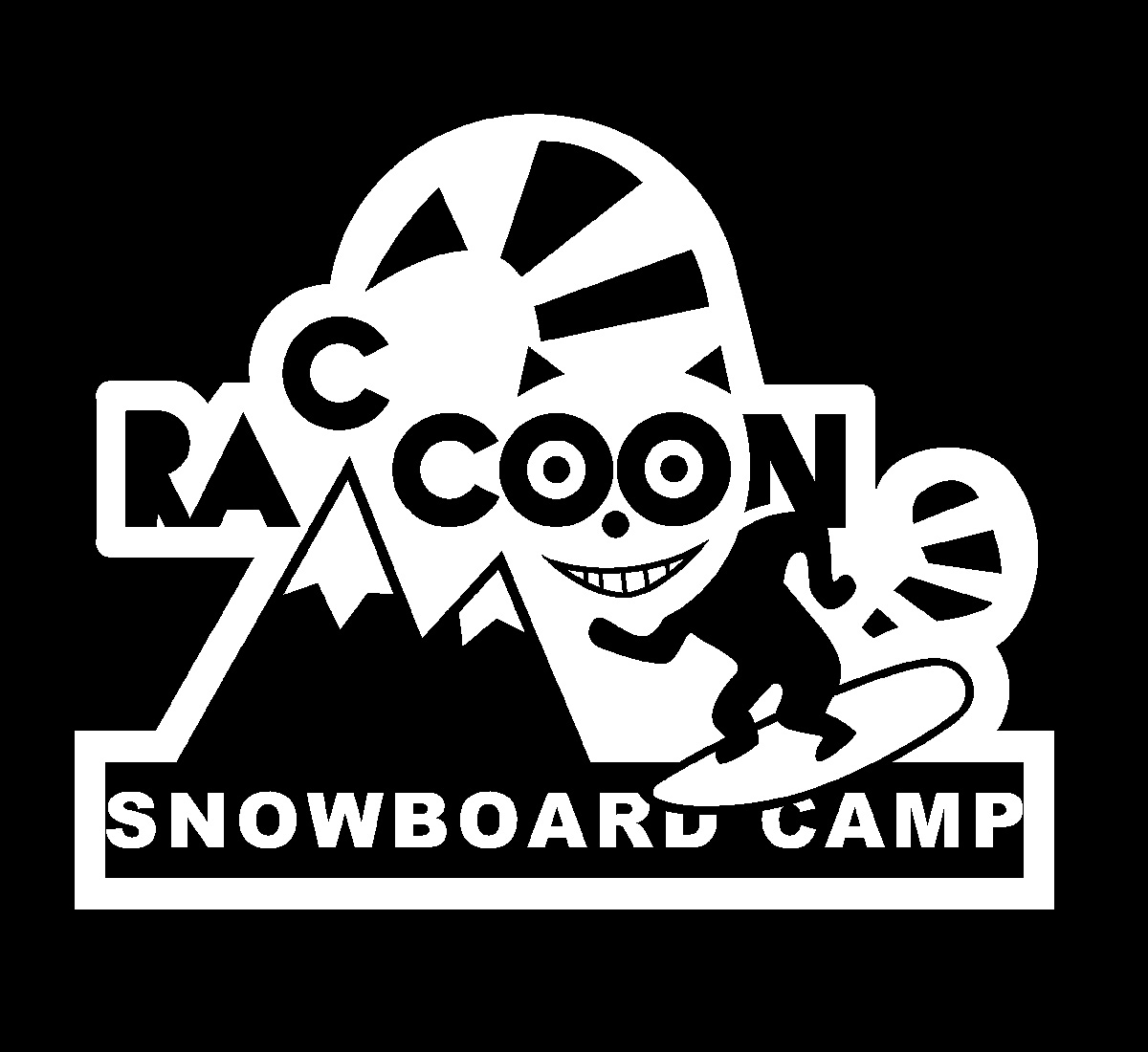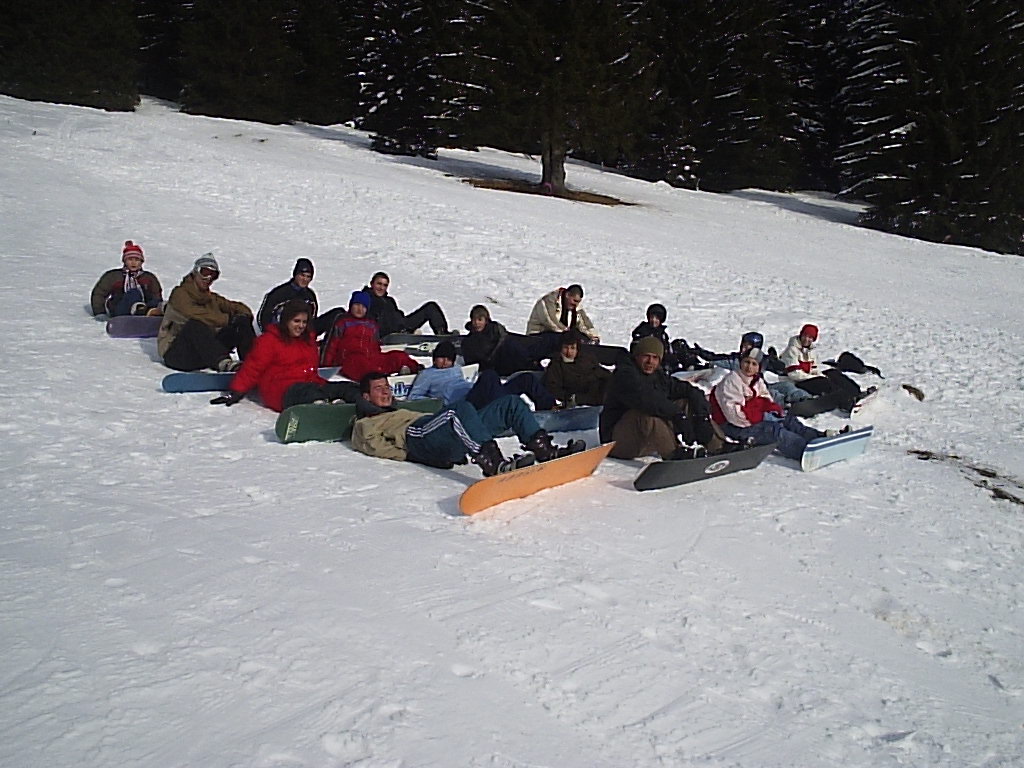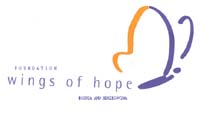
|

EACH INDIVIDUAL STORY IS VALUABLE. |
 Click here for more details. |

 Twenty two years ago there were Winter Olympic Games in Sarajevo. Today, eleven years after the war ended, Sarajevo ski-resorts still bear names of 1984 Olympics. The facilities are mostly as they were left at then, if not worse due to destruction by war. Instead of trail maps, visitors can look over the maps of minefields. And the buying power is so low that the local snowboard shop sells five decks a season. That said, we did impossible: we brought 28 kids from various ethnic backgrounds from families devastated by war, kids that are still looking for their missing parent(s), kids that would not have a chance to buy their lift ticket, and let them slide sideways on Mt. Igman. Some of them learned the skill pretty well. All of them had fun. They were removed from their lives for six unforgettable days and guided in conquering their fears. Now they are back to their lives stronger and with one nice experience in their lives richer. We had fun, too. And it was an unforgettable learning experience for us as well. I surely will never forget a talented young rider with deformed hands, who always buckled up his bindings quicker than me, and his boundless will to do a run after run.
Twenty two years ago there were Winter Olympic Games in Sarajevo. Today, eleven years after the war ended, Sarajevo ski-resorts still bear names of 1984 Olympics. The facilities are mostly as they were left at then, if not worse due to destruction by war. Instead of trail maps, visitors can look over the maps of minefields. And the buying power is so low that the local snowboard shop sells five decks a season. That said, we did impossible: we brought 28 kids from various ethnic backgrounds from families devastated by war, kids that are still looking for their missing parent(s), kids that would not have a chance to buy their lift ticket, and let them slide sideways on Mt. Igman. Some of them learned the skill pretty well. All of them had fun. They were removed from their lives for six unforgettable days and guided in conquering their fears. Now they are back to their lives stronger and with one nice experience in their lives richer. We had fun, too. And it was an unforgettable learning experience for us as well. I surely will never forget a talented young rider with deformed hands, who always buckled up his bindings quicker than me, and his boundless will to do a run after run.
Check out the pictures, and the BBC report about our "Snowboard Therapy". Traditionally, CBT (Cognitive-Behavioral Therapy) is the approach recommended for children diagnosed with PTSD (Post-Traumatic Stress Disorder). Children in our program were generally not diagnosed, but rather referred to our program by their social workers and school psychologists as satisfying our criteria of being from families victims of war. In most cases they would satisfy the diagnosis of probable PTSD. From Raccoon’s conflict transformation experience, we learned that adolescents do not really dig CBT, and participate only if they have to, or if their families receive compensation for their participation. We offered something entirely different, albeit not yet fully tested. We believe snowboarding sure addresses over-arousal and hyper-vigilance exhibited by the PTSD sufferers. We hope to see improvement in the measures of their functional impairment in the follow-up evaluation as a proof that this approach really works. Those who tried it, know how difficult it is - the first days on a snowboard. Many ordinary people would get discouraged on the very first day by all the falling, and by not accomplishing much in terms of moving forward, stopping or turning. We heard a lot of "this is impossible." So, we started with low expectations. And by the sixth day everybody could do the heel-side falling leaf down the "big hill" serviced by the chair lift, many could turn both ways at the less steep sections, and some jumped, rode quite fast, and even attempted nose-rolls. They mastered the "impossible," giving themselves a huge boost in self-esteem and confidence to tackle the obstacles they are facing in their lives. We believe that by mastering one "impossible," they could learn that "impossible" things are attainable if they try and give it some work.
|


